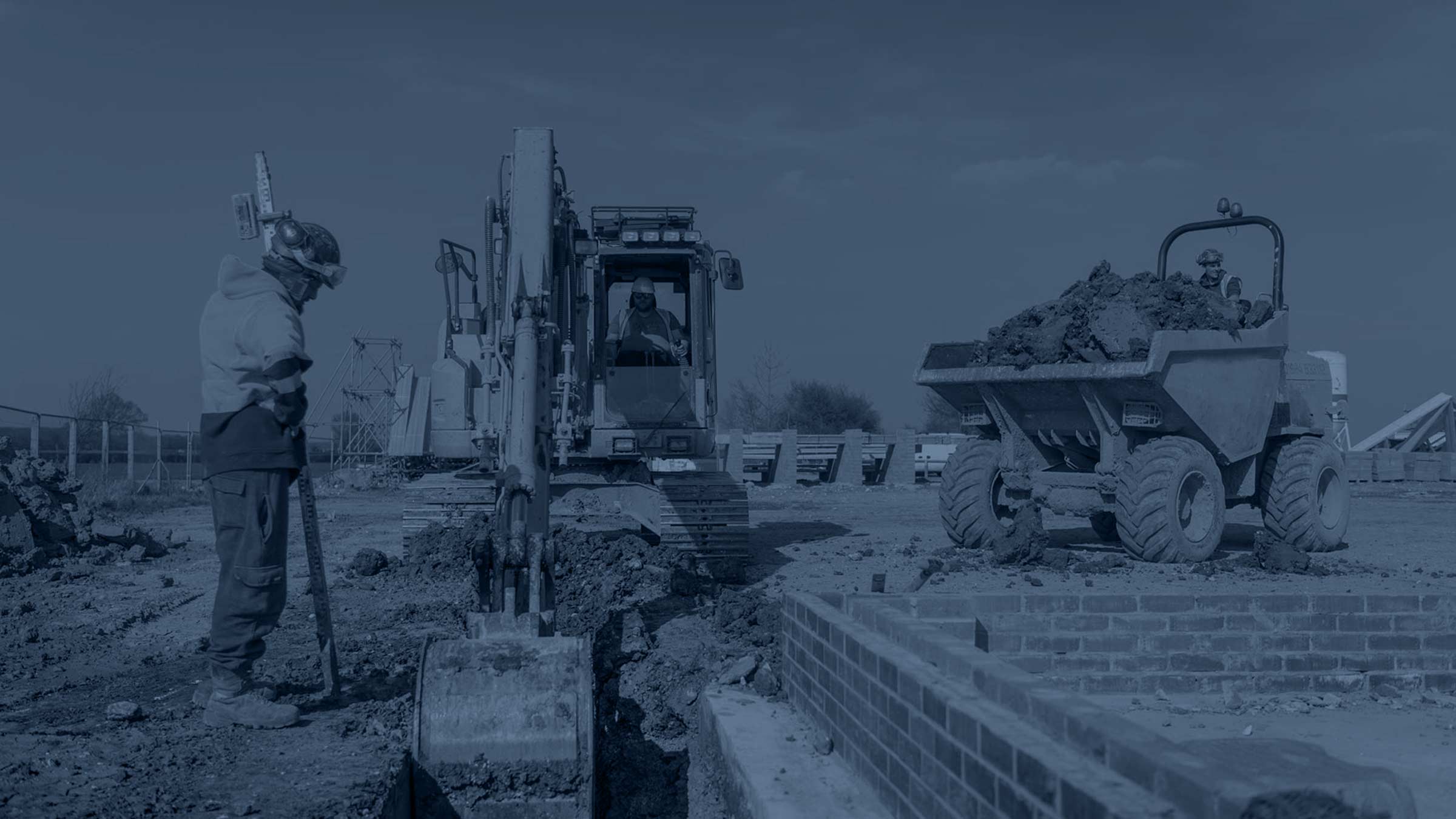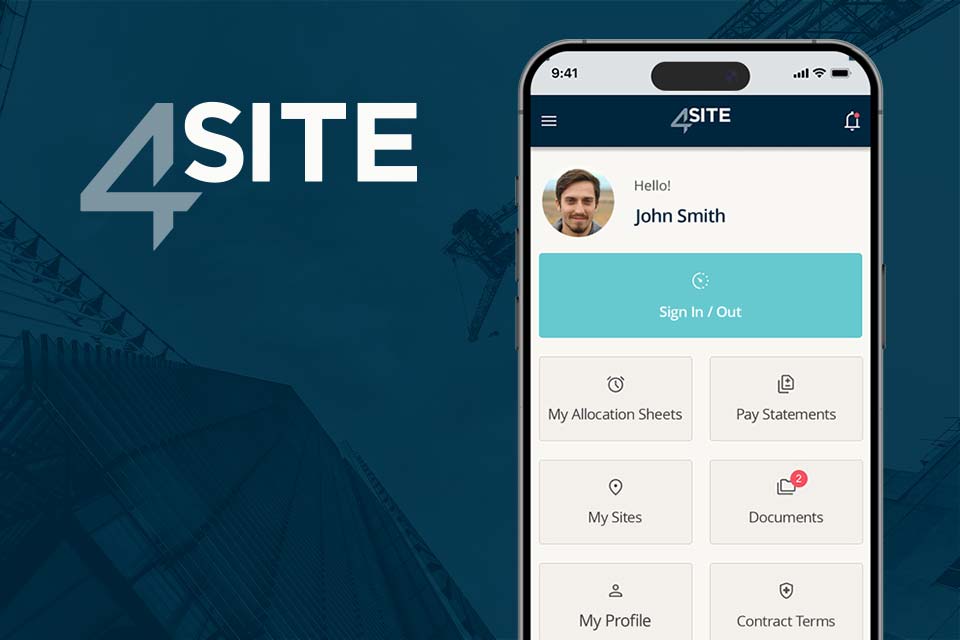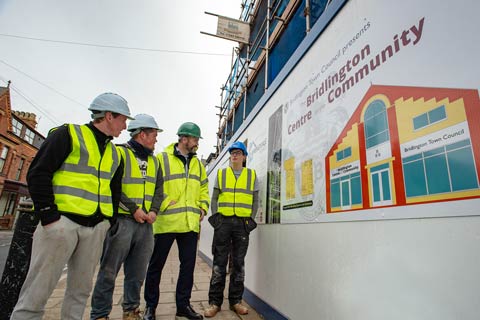14th October 2015 | David Jackson
Cast your mind back to 2008. That year, construction union UCATT alleged that between 200,000 and 400,000 labour-only subbies were falsely self-employed – based on the premise that unless they supplied materials or plant, they were not entitled to be self-employed. While this allegation had no basis in fact – or law – UCATT asserted that ‘bogus self-employment’ was costing the Treasury £1.7 billion in lost employers national insurance contributions.
Within two years, Gordon Brown’s government had taken UCATT’s allegation on board, and proposed that earnings in the construction industry should be taxed as PAYE under a ‘deeming’ notice directed at all labour-only subbies, regardless of their actual employment status. Thankfully, the proposal was never made law.
But the consistent premise was that there was a loss in tax and/or NI paid to HMRC.
The sums quoted varied, but were always based on a guesstimated number of freelance builders labelled falsely self-employed, without justification in law, and assumed to earn the same weekly sum as employed builders.
Pay parity might have been a fact back in 2008/9, when the recession hit. But it’s no longer the case today, when many freelance builders are benefiting from high demand, rising rates and productive outputs.
In fact, a comparison in 2015 shows there is an overall tax gain to HMRC – and no loss.
Many labour-only subbies are earning over £800 a week, and some are on almost £1,000 a week. Meanwhile, skilled builders on PAYE whose rates are negotiated by trade bodies and their union earn and average of £450 to £500 a week.
I’ve been doing some number-crunching, and guess what:
- An average employee earning £25,350 pa contributes £7,401 in all taxes paid to HMRC.
- A typical freelance builder earning £43,102 pa contributes £9,874 in all taxes retained by HMRC under CIS deduction and after the end of year adjustment for expenses
In other words, the assumed tax loss, whatever the sum alleged by the guesswork that has prevailed over the years, is now negated.
Treasury officials, HMRC officers, and trade union leaders need to acknowledge – and appreciate – that freelance builders pay their fair taxes and now, as a matter of demonstrable fact, pay more in tax than employed builders.

Value freelance builders!
Construction couldn’t function without the individual contributions freelance builders make. If it weren’t for them the industry would be smaller, less efficient and inflexible

To speak to one of our team, call us on 01262 401040
Or request a callback and one of our team will be in touch at a time that suits you.
Request a callback
Please select your role and fill in your details and we'll get you the right person to call you:



